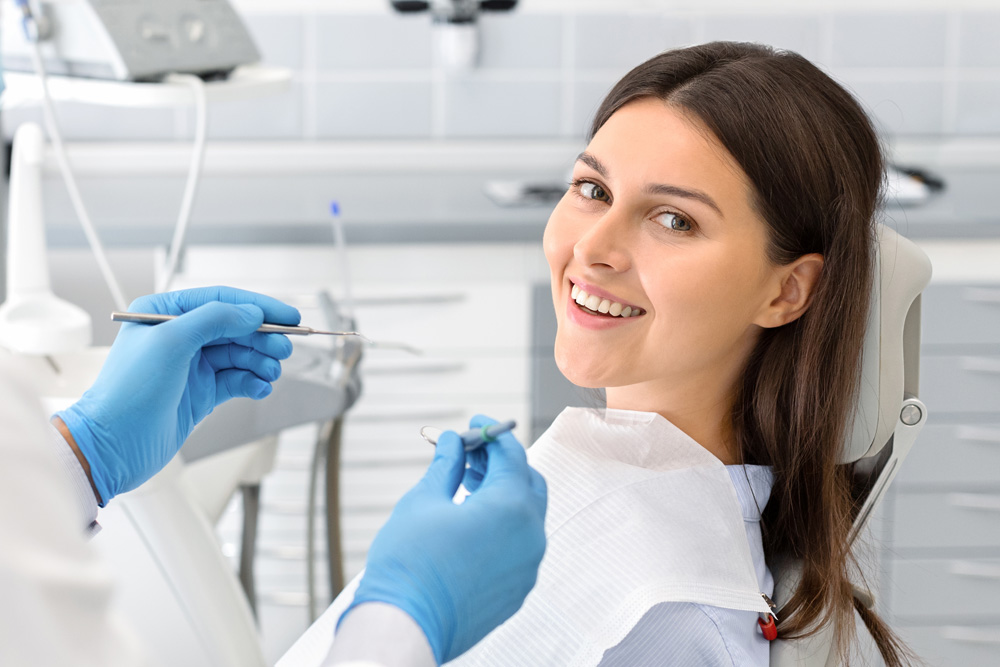It’s possible to manage your anxiety in my dental office with modern medicine and techniques. If you’re worried about being drowsy during your appointment, we can use the mild sedative of nitrous oxide (laughing gas) to help take the edge off.
If you are having dental anxiety, then we can talk about options that can help you feel at ease. This can be done by administering the mild sedative of nitrous oxide (laughing gas) to help calm your nerves.

Nitrous oxide has been used for more than 150 years as a safe and effective sedative. It is the most commonly used sedative in dentistry, and is especially popular with patients who are anxious about dental work. Nitrous oxide helps people quickly feel calm and relaxed, and it also helps to take away any pain they may feel.
With nitrous oxide, the sedative is no longer in your system when the appointment is finished. Nitrous oxide is known to be fast-acting and quickly eliminated from the patient’s body after use, making it a smart choice for patients who have appointments with relatively short waiting periods between them.
Nitrous oxide is a gas that is commonly used in dental surgeries and other medical procedures to help patients feel less pain. One of the most interesting facts about nitrous oxide is that it’s quickly absorbed by the body and eliminated within minutes of leaving the patient.
Nitrous oxide, also known as NO2, is a gas that is used in dental surgeries. It’s quickly absorbed by inhalation and has a few effects on the human body. It helps to induce a state of euphoria and calm, which can be helpful for people who are experiencing anxiety during the procedure. Nitrous oxide is considered an anxiolytic (an anti-anxiety treatment).
There are other medications we can prescribe that you can take before you arrive (with a driver) which will also cause mild sedation so you are relaxed for your visit. Some people even choose to combine the two options to enhance the sedative effects.
Dr. Lance’s mission is to make every patient feel comfortable and to limit anxiety as much as possible. By listening to his patients, he can better cater to their visit needs. He wants his patients to know that they are not just a number or just another face, but that they are someone that he truly cares for.
Minimal (mild) sedation: You are awake, but medications make you feel more relaxed. There is a reduction in both anxiety and your level of awareness.
Moderate sedation: You are awake, but you feel groggier and there is a more significant reduction in anxiety and awareness. You will be able to respond to verbal commands and your protective airway reflexes are still in tact.
Deep sedation: You are near unconsciousness or are unconscious. Your airway reflexes are not in tact and you need advanced airway support. This level of sedation is not offered at our practice.
Navigation
Featured Services